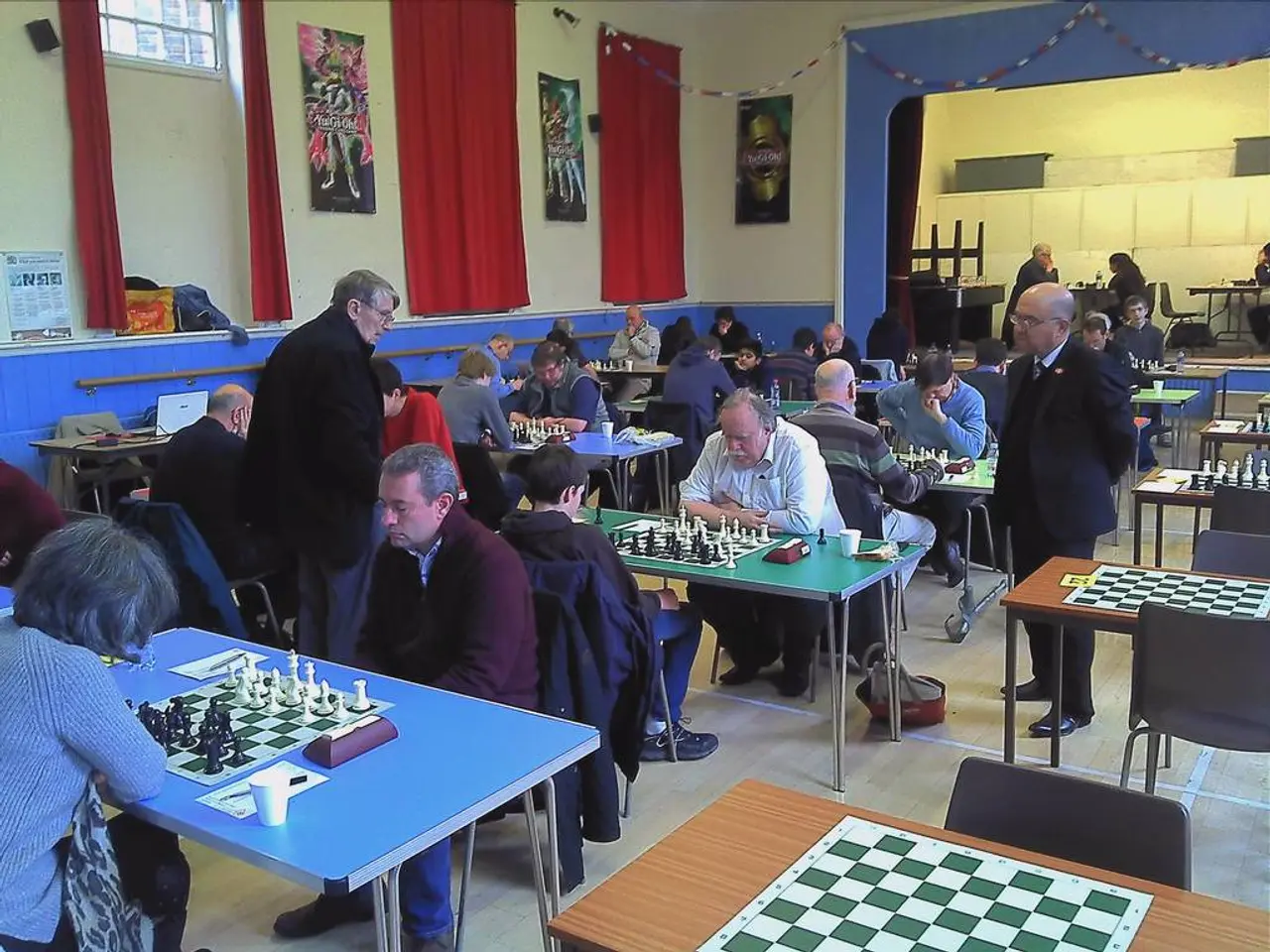Latvian authorities propose a significant hike in gambling taxes by 20%, set to take effect from 2024.
Higher Gambling Taxes in Romania and Latvia: Impact on State Revenues, Gambling Sector, and Public Expenditure
In a move to address economic challenges and manage fiscal deficits, the Romanian government has approved tax reforms for 2025-2028, which include a significant increase in gambling taxes. This is part of a broader framework involving increased Value Added Tax (VAT) rates and excise duties aimed at boosting state revenues.
Starting August 2025, the gambling income tax rate will increase from 3% to 4% for incomes up to 10,000 lei. This change is expected to contribute to raising government revenues but also result in higher operational costs for gambling operators, reduced flexibility in pricing and promotions, and a reshaping of marketing and user acquisition budgets in the iGaming market.
Meanwhile, in Latvia, while there is no explicit data about tax increases for the gambling sector, the regional trend in Eastern Europe, particularly Romania and nearby markets, indicates pressure to raise Gross Gaming Revenue (GGR) tax bands by 1-2%. This likely impacts Latvia similarly, as the discussed Eastern European countries are revising their GGR tax bands, which tends to increase media buying costs and shrink operators’ margins, forcing careful budget planning by operators.
The impacts of these tax hikes are far-reaching. In Romania, state revenues are expected to increase due to higher gambling income taxes, contributing to managing budget deficits and economic challenges. The gambling sector, however, faces higher tax burdens, raising costs and reducing margins. Marketing budgets are being recalibrated to maintain efficiency, and stricter regulatory compliance also adds costs.
In Latvia, similar increased costs in operations and marketing budgets are expected, with reduced incentives and tighter compliance anticipated. The Latvian government states that the gambling sector is associated with a high social risk and needs to be regulated through higher tax payments.
In Romania, the government also plans to impose high fees on the gambling sector, particularly on television bingo, but specific details were not provided in the article. The Ministry of Finance in Romania targets digital and highly scalable offers for higher taxes to protect stationary businesses.
In essence, these tax hikes help boost government revenues amid fiscal deficit pressures but impose tighter financial constraints on gambling companies, potentially influencing sector growth and consumer offerings. Public expenditure benefits depend on how governments allocate the increased revenues, but overall, the reforms are part of broader economic stabilization efforts.
No specific Latvian government announcements were detailed in the search results, but following regional trends, similar impacts on state revenue and gambling sector dynamics are expected there. Thus, the impact encompasses higher state revenues from gambling taxes, increased costs and regulatory burdens on the gambling sector, and potential adjustments in public expenditures due to reported fiscal pressures in both countries.
What could be the potential impact of these tax increases on the casino-and-gambling industry in Romania and Latvia? The industry might face higher operational costs and reduced flexibility in pricing and promotions, as well as changes in marketing and user acquisition budgets in the iGaming market. Additionally, the industry may experience increased regulatory compliance costs in both countries, possibly influencing sector growth and consumer offerings. Moreover, the finance sector and business community will observe changes in public expenditure, depending on how governments allocate the increased revenues from gambling taxes. Therefore, gambling trends in these regions could shift due to these tax hikes.




